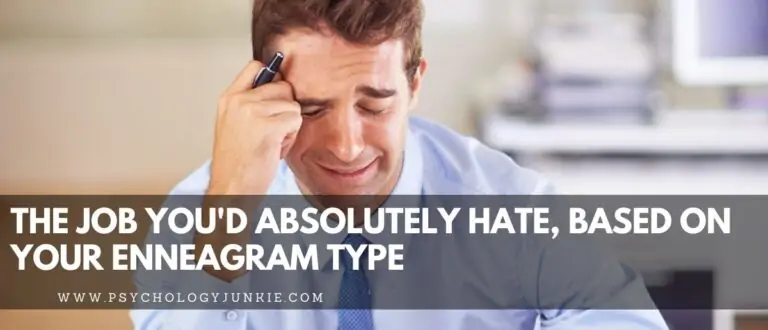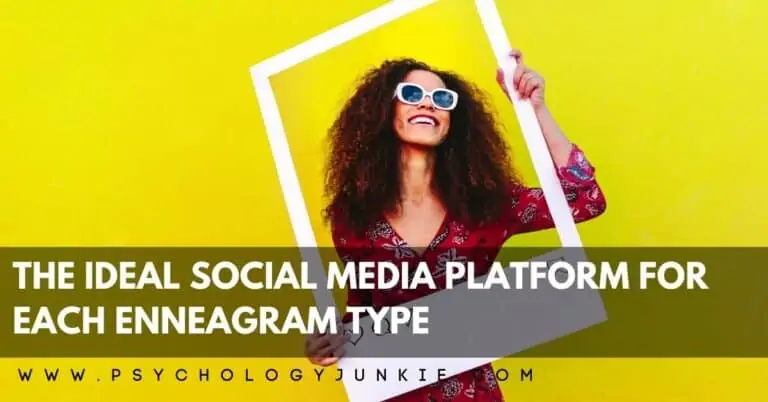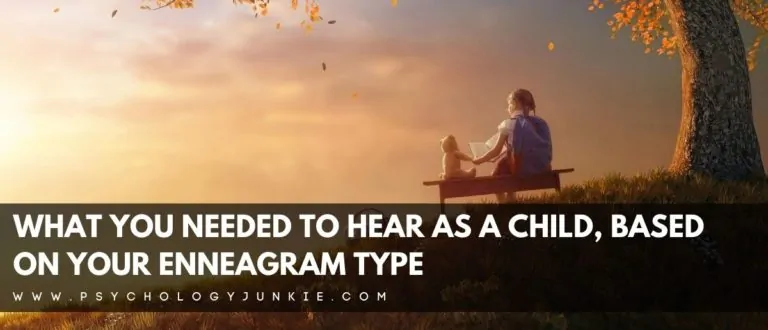Escaping the Trap of Flattery for Enneagram 2s
As human beings, we have a variety of motivations and needs that guide our actions and thoughts. One unique personality system that has gained popularity in recent years is the Enneagram. This system gets to the roots of our motivations and fears and helps us to see ways that we can break free from our fixations and weaknesses. The Enneagram Two is one of these nine Enneagram types. Twos, often called “the givers”, are known for their selflessness, giving nature, and desire to help others. However, their fixation on flattery can become a trap that keeps them from true growth and fulfillment. In this article, we’ll explore the Enneagram Two’s fixation on flattery and how they can move towards healing.
Not sure what your Enneagram type is? You can find out by taking our questionnaire.


The Enneagram 2 Fixation
The Enneagram Two’s fixation on flattery stems from their deep-seated need to feel appreciated, valued, and loved by others. This need drives them to go above and beyond to please and support those around them. They have a strong desire to avoid appearing needy or vulnerable, often taking on the role of the caretaker and provider instead. By focusing on giving to others, they hope to receive the same love and devotion in return. However, this fixation on flattery can become a trap for them. They often find themselves stuck in a cycle of seeking validation, praise, and approval. This can be exhausting, both physically and emotionally, as it drains their energy and leaves them feeling constantly pulled in external directions. Moreover, when the love and appreciation they long for doesn’t come back to them in the same measure, it can create a sense of resentment, despair, and disappointment. This cycle of seeking validation can hinder their personal growth and prevent them from forming genuine connections based on mutual care and understanding.
Breaking Free

The key to healing this fixation is humility. While Enneagram Twos don’t typically see themselves as prideful, they do tend to see themselves as indispensable to their loved ones. Therefore, it’s important for them to recognize that they are just one part of a larger picture of humanity, where everyone’s contribution is important. When they can shift their focus towards this larger picture, they can start to feel less urgency to give and exhaust themselves in return for external validation. By embracing the understanding that their value lies not only in their ability to help others, but also in their own unique qualities and individuality, Enneagram Twos can cultivate a deeper sense of self-worth and find fulfillment in their own journey of personal growth. This shift in perspective allows them to navigate relationships with more authenticity, balance, and a genuine desire to connect with others on a deeper level.
To break free from their fixation, Enneagram Twos must first prioritize taking care of their own needs. It is crucial for them to recognize and embrace their own desires, emotions, and limitations as human beings. By doing so, they can cultivate a genuine sense of self-awareness and self-care. When Twos start to place importance on their own well-being, they can then give to others without any expectations or ulterior motives. This is where true selflessness truly shines – giving because of the genuine desire to help and support others, rather than seeking validation or personal gain.
“Because Twos have explored the inner landscape of their own hearts, they carry the potential to be a midwife to our emotional truth. So, listen carefully when they offer to help navigate the complexities of your feelings.” – Christopher L. Heuertz, The Sacred Enneagram
Some simple practices to achieve growth:
- Engage in enjoyable solo activities regularly, allowing yourself time for self-care and self-reflection.
- Consider exercising, meditating, or taking solitary nature walks to reconnect with your inner self.
- Embrace your inner child and indulge in playful endeavors such as visiting the park, writing poetry, creating art, or simply being silly.
- Foster a non-judgmental self-awareness by observing your thoughts and feelings without criticism, noting any recurring patterns that arise.
- Appreciate the love already present in your life, shifting your focus from what may be lacking.
Setting Healthy Boundaries:
Lastly, Enneagram Twos must learn to set healthy boundaries. This can be challenging for them, as they often feel like they have to be everything to everyone. However, setting boundaries allows them to give to others in a healthy way that doesn’t drain them of their energy or leave them feeling resentful. It can also help them recognize when their giving is coming from a place of flattery or a need for approval, rather than genuine care and concern.
How to Set a Boundary:
- Start by identifying what type of boundary is needed. Be honest with yourself about what you feel comfortable with and what will help you stay true to your own values. Some boundaries may be towards people (i.e. no gossiping) and others may be towards yourself (i.e. saying “no” to requests that don’t align with your goals
- Communicate your boundaries in a clear, direct way. When necessary, make sure to reiterate them in order to avoid any confusion or misunderstanding.
- Be consistent in protecting them. It can be easy to let them slide, but whenever possible, try to hold your boundaries steady.
Conclusion:
While the Enneagram Two’s fixation on flattery can be a challenging trap to break free from, it is possible. By embracing humility, prioritizing self-care and self-awareness, and setting healthy boundaries, Twos can move towards genuine healing. With a little guidance and practice, they can start to form meaningful connections with others based on mutual understanding and love. Along the way, they will also find more fulfillment in their own journey of personal growth.
References:
The Sacred Enneagram by Christopher L. Heuertz (2017, Zondervan Publishing)
The Enneagram Made Easy by Renee Baron & Elizabeth Wagele (1994, HarperOne)







